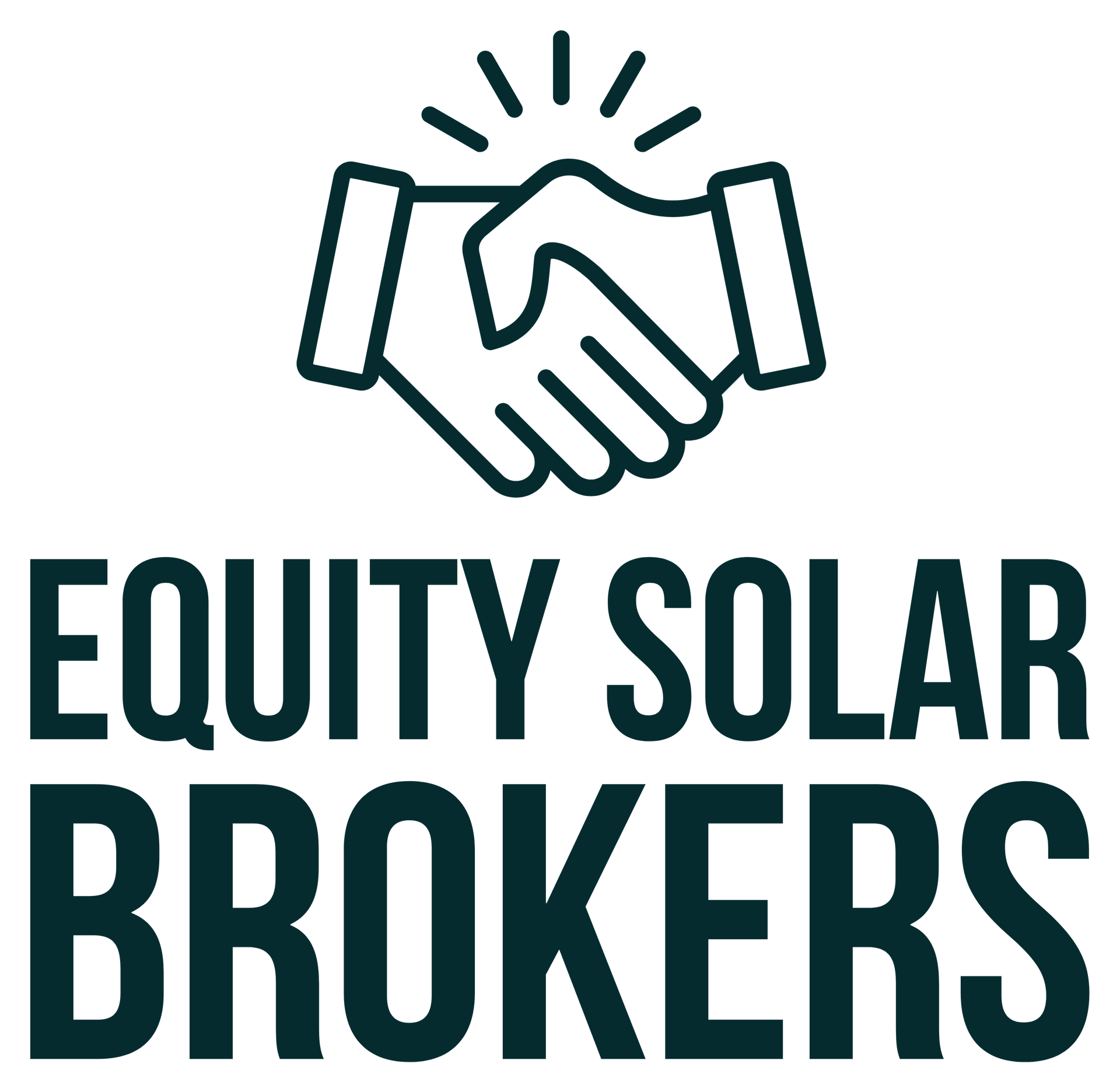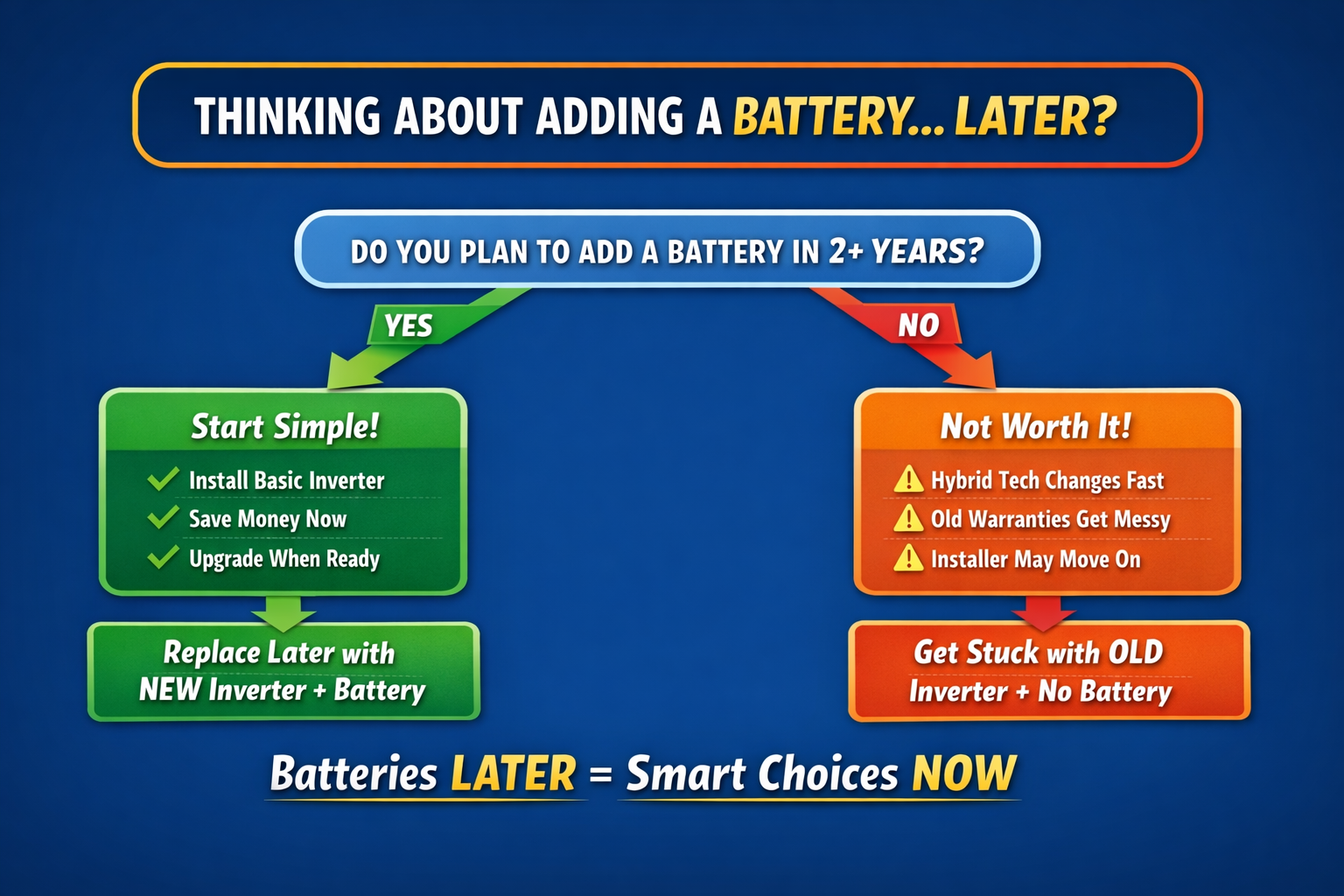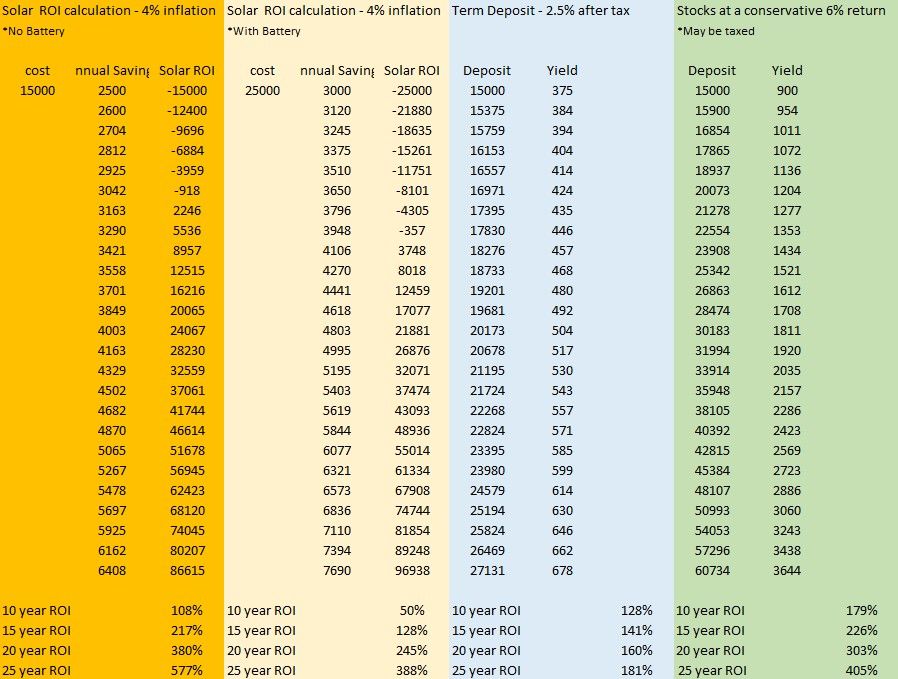Solar panels are complicated, but efficiency & warranties aren't!
Here’s the thing about solar panels: they all look like black rectangles on your roof, but under the hood they’re wildly different. Telling them apart is pretty tough.
However, there's a simpler way to navigate the data, because here's what it boils down to - every manufacturer is chasing the same thing — more efficiency, reliability, and less long term degradation.
HJT, shingle cells, bi-facial, ABC… these are all different tricks of the trade to squeeze out a little more power per square metre. But unless you really want to impress bore people at BBQs, you don’t need to understand all the different types of tech employed in the race to efficiency.
Industry wide changes in technology mark industry wide leaps in efficiency and degradation gains (or losses 🤔) .
For example, when the industry shifted from old-school P-Type to N-Type panels, efficiency leapt by about 1.5%. That’s a huge deal in solar terms.
Our blog on the idea is probably the most entertaining read in our blog-stack: Why N-Type Solar Panels Leave P-Type in the Dust.
So, what really matters? What should you be looking at?
Efficiency Benchmarks
- 22.2% or less → Think of these as older-gen panels. They’ll work fine, but they're probably a model that was released before 2023.
- 22.2–23% → This is today’s sweet spot. Great performance, proven reliability, and most importantly - usually they come at a great price.
- 23% and above → Cutting-edge tech and generally on the pricier side. But FYI - by 'pricey'- the cost might only be $50 more per panel on your quote. This is because the cost price on panels these days sits between $100 - $200 per unit, depending on the brand.
What Else Should You Look For?
- Warranties –Long ones sound nice, but only if the company will actually be around to honour them. Also check the fine print: 84% output at year 25 is a lot worse than 92% at year 30.
- Financial health – Shiny brochures don’t pay warranty claims. If the manufacturer goes belly-up, your warranty will be worth less than a Weet-Bix box.
- Appearance – Black-on-black panels look slick; silver edges can scream “budget system.” But it all depends on your preference. FYI; Silver Edged panels tend to be marginally more efficient than all black, for the same price.
The devil is in the detail
Here’s where things get interesting. Not all solar panel manufacturers have strong financials. And what really grinds our gears is when companies lean heavily on Bloomberg’s “Tier 1” accreditation. Sounds impressive, right? Except Tier 1 doesn’t actually mean “rock solid.” It just means banks have financed projects with their panels.
For more info you can look at their methodology. In summary, the Tier 1 accreditation is awarded to companies that 'sell lots'.
💡You know who else sells lots? China. China sells lots. So why don't we give the whole country a Tier 1? Might as well throw it around like player of the day at a first-kicks match.
If a solar panel has the Tier 1 accreditation, it means they're “Bankable”… but not bankable. 🤷♂️
Take Aiko, for example. You’ve probably seen their advertising. Their Tier 1 status is waved around like a sausage at a doggy daycare. But dig deeper and… oof.
GuruFocus gives Aiko a financial strength rating of 2/10. That’s the corporate equivalent of choking on cough syrup.
SinoVoltaics, a global compliance consultancy, ranked ~60 solar panel makers in 2025 by financial health. Aiko landed in the bottom 10 — right in the “elevated risk of financial stress” zone.
To be clear: the panels themselves? World-class. No issue there.
We’re not here to dunk on Aiko for fun. The reason we call them out is simple: they’re one of the most heavily advertised panels in NZ. If homeowners are going to be persuaded by glossy campaigns, someone needs to tell the other side of the story. Don’t shoot the messenger.
Some notable heavy weights
LONGi – One of the largest solar panel makers on Earth. They’ve got scale, staying power, and rank consistently high with analysts who actually use calculators. They’ve weathered supply chain drama, but they’re not disappearing anytime soon.
Hyundai – Their solar division sits under HD Hyundai — the same group that builds ships, cars, and half the machinery in Korea. That’s deep-pocketed ballast you don’t get from solar-only outfits. If stability matters, Hyundai has it.
And many more worth mentioning: Phono, REC, TCL Sunpower, Jinko — to name just a few.
So, What’s the Takeaway?
Solar panel tech is always evolving. Today’s big players are obsessed with wringing out extra efficiency, and the N-Type shift was a clear step forward. But don’t get blinded by glossy ads, sales pitches, or a single “efficiency number.”
A 24% efficient panel from a company circling the financial drain? Risky.
A 23% efficient panel from a long time heavy weight? Smart!
So when a sales rep tells you their product is “the best in the world, don’t buy anything else” — maybe take that with a bucket of salt. Because that's probably what they said about the last brand of panel they sold, and the one before that, and before that.
So what happened to the other brands sold by the major players?
LG and Panasonic learned the hard way that you can't strong arm a TV to act as a solar panel, and expect to make a profit 😘.
And those LG batteries that sold like hotcakes? Well, they had a challenge with something called 'fire'🤔
If you're feeling brave, google 'LG Chem Battery Fire'.
That’s why we spend so much time kicking the tyres on both the tech and the companies before recommending panels.
Because the real investment isn’t just in silicon and glass — it’s in the people backing your warranty.
⚡ Want the straight story on solar without the marketing fluff? That’s what we do best.
--
We’ve pulled this info from publicly available sources and industry reports. Numbers can change, companies rise and fall, and sometimes solar brands look shinier in ads than on the balance sheet. Don’t treat this as financial advice—treat it as a nudge to ask better questions before you buy panels. Our opinion is just one slice of the pizza.
As well as Gurufocus, a report is available from Sino Voltaics supporting the claims made in this blog. A free download is made available in exchange for basic contact details here -
Sinovoltaics Manufacturer Ranking Reports



